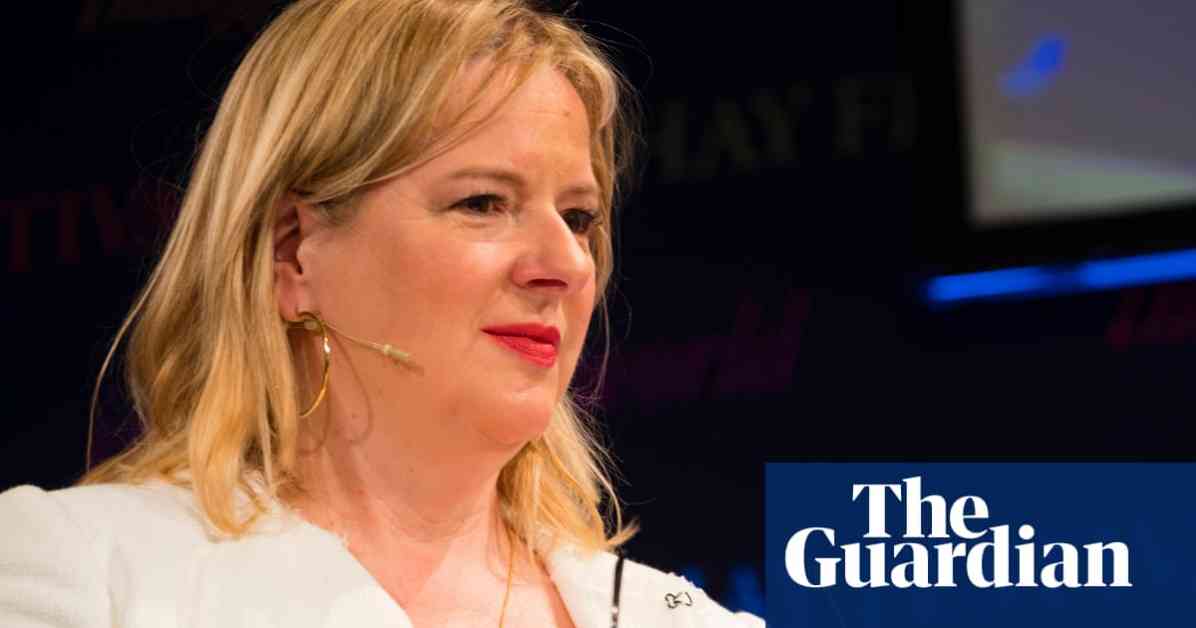Daily Telegraph readers were shocked this week by headlines detailing an incident involving columnist Allison Pearson and Essex police, sparking a debate over free speech. Pearson was visited by two officers on Remembrance Sunday at 9.40am, informing her of an investigation into her alleged promotion of racial hatred through a tweet last year. The specific tweet in question was a retweet of a photo showing people of color with a flag on a British street alongside police officers. Pearson’s tweet criticized the police for refusing to pose with peaceful British Friends of Israel and accused those in the photo of being Jew haters. However, the flag in the photo actually belonged to the Pakistani political party Pakistan Tehreek-e-Insaf (PTI), not Hamas supporters as implied by Pearson’s tweet.
The individual who reported Pearson to the police, a former public servant with legal training, claimed that her tweet was racist and inflammatory, leading to increased racist abuse towards people of color. This complaint resulted in Essex police launching an investigation and requesting Pearson’s attendance for a voluntary interview. The Telegraph and Pearson condemned the police visit, emphasizing the importance of free speech and press freedom. However, the complainant argued that Pearson’s tweet was false and harmful, calling for an apology that was never issued.
The controversy has escalated further, with Essex police reporting the Telegraph to a media standards body and setting up a “gold group” to address the situation. The complainant highlighted the need to address racism, antisemitism, and Islamophobia, expressing disappointment in Pearson’s refusal to acknowledge the impact of her tweet. Despite the outcry from various individuals, including senior lawyers, Boris Johnson, and Elon Musk, Pearson has not issued a public response regarding the incident.
The clash between Pearson, the Telegraph, and Essex police underscores the complex issues surrounding free speech, racism, and journalistic integrity. It serves as a reminder of the power of social media in shaping public discourse and the responsibility that comes with sharing information online. As discussions continue regarding the boundaries of free speech and the consequences of inflammatory language, it is essential to consider the broader impact of individual actions on marginalized communities and societal attitudes. The case of Allison Pearson highlights the ongoing challenges in navigating these sensitive issues in a digital age where information spreads rapidly and repercussions can be far-reaching.












